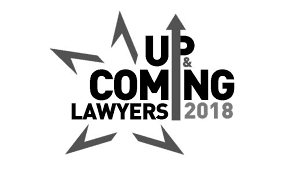Utility Companies May Install “Smart Meters” on Customer Property Without Permission
July 20, 2015 Category: Real Estate
Last week’s Michigan Court of Appeals decision in Stenman v. Stenman, Docket Number 321203, provides a cautionary tale: You do not always have absolute control over your own property. In Stenman, the court recognized the broad authority of a public utility company, the Detroit Edison Company (“DTE”), to install and maintain meters on their customers’ property without tampering from the customer.
In September 2011, DTE installed an Advanced Metering Infrastructure meter, known as a “smart meter,” on the Ralph and Donna Stenman’s property. The Stenmans wrote a letter to DTE protesting the smart meter, raising concerns regarding electromagnetic radiation that they believed the meter emitted, surveillance by the meter, and the meter’s capacity to record events regarding the property. The Stenmans ultimately removed the smart meter and mailed it back to DTE in May 2012 and installed an analog meter in its place.
DTE filed suit against the Stenmans, alleging that DTE had a right to access the Stenmans’ property and install the smart meter, that the Stenmans had an obligation to protect DTE’s equipment and to prevent tampering with the equipment, and that rules promulgated by the Michigan Public Service Commission (“MPSC”) governed the relationship between DTE and the Stenmans. The court ruled in favor of DTE, finding that the smart meter installed by DTE was a meter for the purposes of the MPSC’s rules, and that the smart meter’s installation was lawful. The court additionally found that the Stenmans failed to substantiate their defenses that were based on their health and privacy concerns. The court held that under the applicable MPSC regulations, the Stenmans could not prohibit DTE from installing and servicing a smart meter on their property.
The lesson to be learned from the Stenman opinion is that property owners should proceed with caution when dealing with utility equipment on their property, even if it was installed without the property owner’s permission. Tampering can lead to civil claims by utility companies, costly litigation, and even felony charges. As technology advances and modern utility equipment far exceeds the capabilities of more traditional meters, the Stenman opinion demonstrates that Michigan courts still give utility companies wide latitude in installing equipment related to the services that they provide.
















